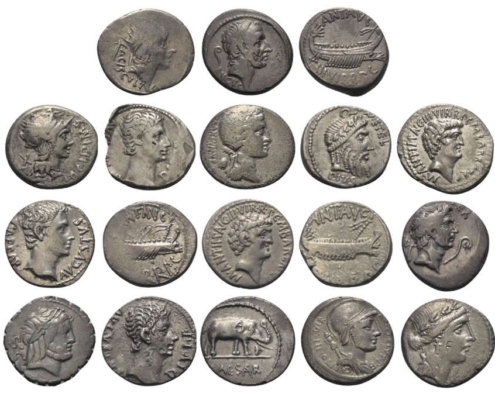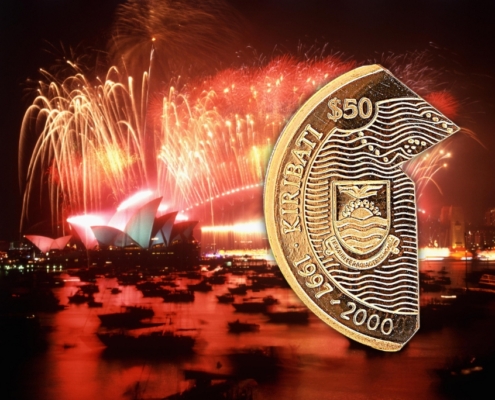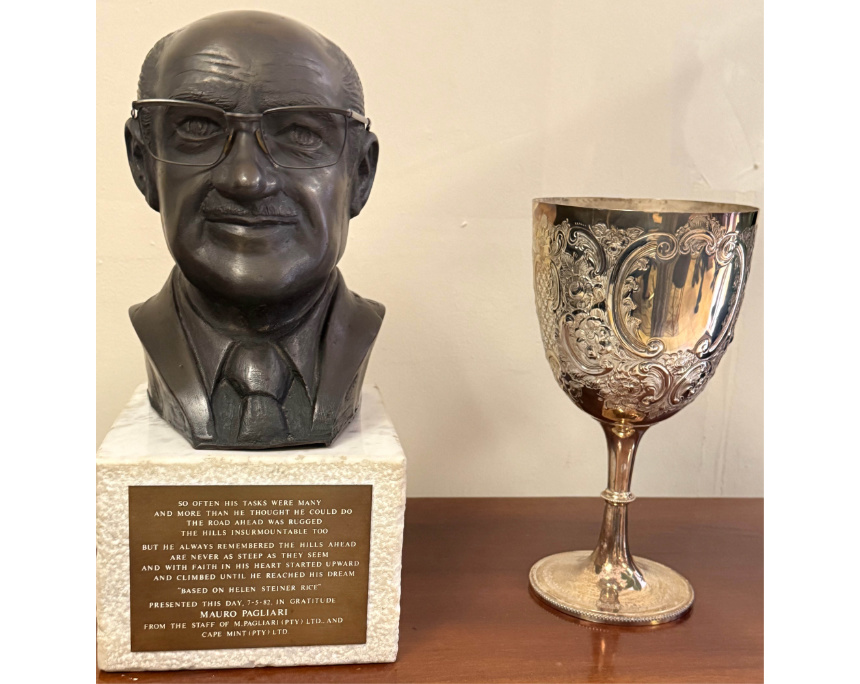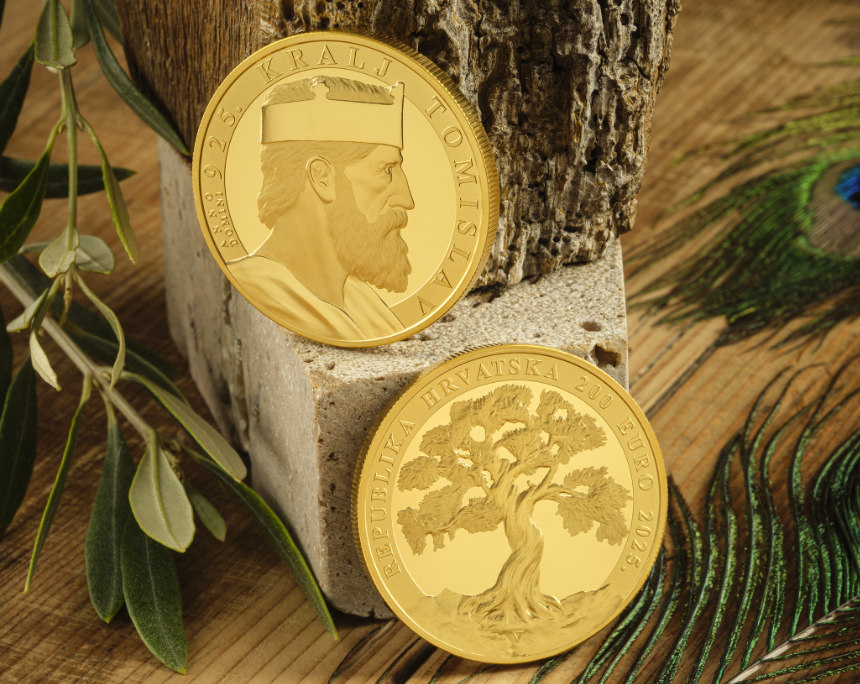Archive: People and Markets
The Cape Mint: The Oldest Private Mint in South Africa
Did you think the South African Mint was the only mint in South Africa? That’s not true. In the heart of Cape Town, a small private mint fulfills all customer needs. I was privileged to visit the Cape Mint and met people there who take great pride in their work.
Croatian Rulers – A New Coin Series
Croatia is proud of its long and rich history. The Croatian National Bank, in cooperation with the Croatian Mint, is dedicating a new coin series for collectors to their country’s history, focusing on Croatia’s rulers. The first King of Croatia was King Tomislav, who is depicted on the first coin in this series.
Archive: Coins, Medals and more

The Augustean Denarius Find From Brohl-Lützing Offered at Auction
In the current auction of Solidus, the treasure find of Brohl-Lützing is on offer. The hoard of 18 denarii contains rare coinage from Pompeius to Augustus and thus takes us right into the highly exciting era of the Roman civil wars.

25 Years Ago: Millennium Coins and the Dawn of a New Era
The transition to a new millennium captivated the numismatic world. Commemorative coins from that time were colourful and bold, as a brief glance at the past led to a high-speed journey into a high-tech future—only for things to turn out differently.










Croatian Rulers – A New Coin Series
Croatia is proud of its long and rich history. The Croatian National Bank, in cooperation with the Croatian Mint, is dedicating a new coin series for collectors to their country’s history, focusing on Croatia’s rulers. The first King of Croatia was King Tomislav, who is depicted on the first coin in this series.
Following Last Year’s Success: Münze Deutschland Again Sells Show Rarity at the World Money Fair
The World Money Fair is a haven for collectors hunting for limited-edition rarities. In 2024, a German coin card featuring the €2 coin “Mecklenburg-Vorpommern / Königsstuhl” caught everyone’s eye—and its market value skyrocketed to over €200. Münze Deutschland is now building on this success.